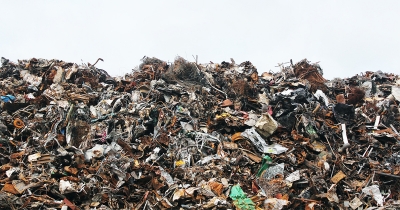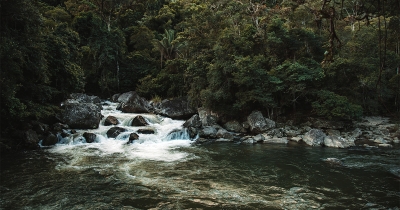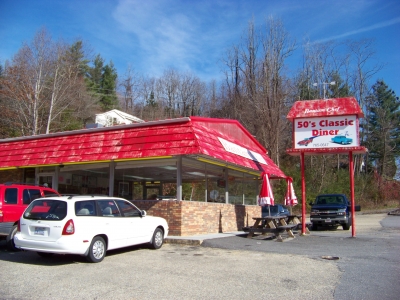Accessibility Tools
- Content scaling 100%
- Font size 100%
- Line height 100%
- Letter spacing 100%
Jolley Prize Story
The ABR Podcast
Released every Thursday, the ABR podcast features our finest reviews, poetry, fiction, interviews, and commentary.
Subscribe via iTunes, Stitcher, Google, or Spotify, or search for ‘The ABR Podcast’ on your favourite podcast app.
‘Where is Nancy?’ Paradoxes in the pursuit of freedom
by Marilyn Lake
This week on The ABR Podcast, Marilyn Lake reviews The Art of Power: My story as America’s first woman Speaker of the House by Nancy Pelosi. The Art of Power, explains Lake, tells how Pelosi, ‘a mother of five and a housewife from California’, became the first woman Speaker of the United States House of Representatives. Marilyn Lake is a Professorial Fellow at the University of Melbourne. Listen to Marilyn Lake’s ‘Where is Nancy?’ Paradoxes in the pursuit of freedom’, published in the November issue of ABR.
Recent episodes:
It was important that no one took your photograph because you didn’t want to end up a rude picture for bad men to download. We were very sure of that, very certain in our certainty. ‘Noah Potnik has a program,’ Felix and Otis swore, ‘that strips the clothes from any photo to show what the person looks like underneath.’ Noah Potnik had nude pictures of Gal Gadot and Emma Watson and Gigi Hadid, and Felix and Otis told how he’d flashed these images to them with a horrible grin on the bus one afternoon, their eyes growing as big as paper plates because with this power a person could X-ray past the clothes of anyone they wanted, but that meant that even though for some reason Noah Potnik didn’t have any pictures of boys it must be possible that they, too – Felix and Otis – could end up flying around the internet where people would stare at them with their clothes off.
... (read more)O.G. and Tebita sat down by the river. Several minutes of confused communication had concluded, once again, in a revelation of O.G.’s obtuseness. O.G. had asked the name of the river, as it wasn’t yet the Nile. But Tebita kept saying iteru, which O.G. knew meant river. So O.G. pointed again to the water and said ‘But how is this river called? What is the name on it? Which river is this?’ And, despite the frustration, was impressed she could even ask the question three different ways after – was it five? – weeks in Abydos. Time, her friend, her enemy, had become difficult to reckon.
... (read more)A crow-shaped shadow flies across the river. Juna knows that her daughter is coming, so the right thing to do is make her favourite feed. Juna casts a fishing net over the river with her mind. The net drifts onto the surface, slips under the skin, and is swallowed by the water. The net descends through the deep water slowly, resting on the bed. River grass unflattens and pokes up between the spaces. Juna sings a song to attract fish to the area.
... (read more)1.
Growing up, my brother and I lived with Dad in a Housing Commission flat among a row of identical flats. Back in those days, we played Greatest Hits of the 70s through a subwoofer on the back deck. During the guitar solo in ‘Bohemian Rhapsody’ we howled over the music and the neighbourhood dogs followed our lead ...
... (read more)The call of a bansuri rising to her window from the street below awakens Mehr. It is a crooked call; the initial notes, delicate and malleable, make all the right turns inside the hollow of a bamboo reed, but soon miss the swivel that all sounds must make to morph into melodies. The magic that happens between a human mouth and a ...
... (read more)The sunset is orange, the sky scattered with clouds. We’re eating pumpkin and lentil soup out of bowls from home. I didn’t think it was necessary to bring them, the cupboards here are well stocked, but Irene insisted. She says they’re the perfect size. Also, she read in her online mother’s group that the glaze on old crockery often contains lead ...
... (read more)Certain days: it is easy to imagine this small, once-prosperous river town (barely distinct from many other small, once prosperous river towns) as if you are only passing through it, shunpiking the thruways in favour of the scenic rural two-lanes on a road trip in your better, your best life. The life in which your formidable boxer-turned-human-rights-lawyer wife has simply pointed to this town on a much misfolded map and declared: Here, lunch.
... (read more)In the car we wound around the bay, which, on the map, made the shape of an ear with a tear-shaped island off the coast like a jewel earring. My mother and I were going to see the lighthouse out on the cape – or what was left of it anyway, which was not much, she told me, but stones and rubble ...
... (read more)Jolley Prize 2018 (Shortlisted): 'Between the Mountain and the Sea' by Sharmini Aphrodite
It was the first thing she noticed: all the clocks had stopped. She only mentioned it when she was shown to the dining table and the woman – his grandmother – placed in front of her a glass of bandung, bright pink and sweating. Thanking her, she held the glass, the chill of it shocking the heat of her palm ...
... (read more)Before I learnt the language of map-making, the word cadastre sounded like a timbre or a cadence. It was a momentous drum, a hollow ratatat. Bone, fire, dirt, stone. Like a shout, a ring, a knock, a blow. But when I learned maps, I discovered cadastre meant the legal boundary. There was no sound to it at all, only lines ...
... (read more)







